Rising to the challenge: tackling poverty and inequality
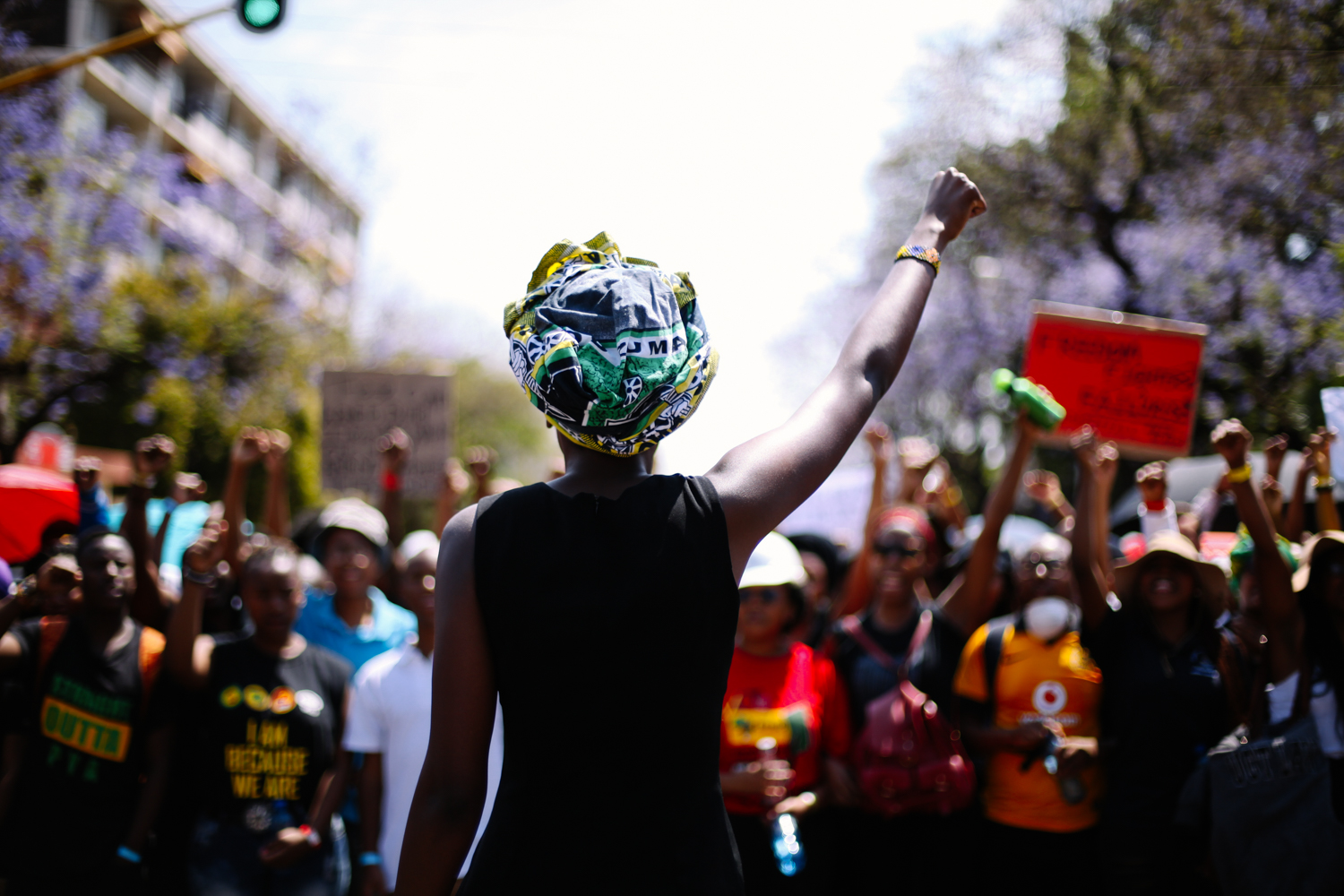
PRETORIA, SOUTH AFRICA - OCTOBER 23: Wits University's newly elected SRC President, Nompendulo Mkhatshwa addresses students during a march to the Union Buildings on October 23, 2015 in Pretoria, South Africa. University student from around Gauteng and Limpopo, opposed to tuition fee increases, marched to the union Buildings where President Jacob Zuma was scheduled to meet with vice-chancellors and leaders of students councils to discuss the increments. (Photo by Gallo Images / Nicholas Rawhani)
More than 30 years ago, in the 1980s, South African researchers undertook a major study into the nature and extent of poverty in South Africa. Funded by the Carnegie Corporation of New York, this comprehensive research programme was known as the Second Carnegie Inquiry Into Poverty and Development in South Africa. The first Carnegie inquiry took place two generations previously with a focus on poor whites pushed off the land by the upheavals of the South African war and the tribulations of urbanisation.
By the time of the second Carnegie inquiry, the focus was largely on black poverty and the need to document its various manifestations in both rural and urban areas. But more than simply the manifestations of poverty. It was necessary to find ways – through imaginative writing and photographs – to convey what “being poor” meant to those who had to endure it.
But the second Carnegie Inquiry report was published whilst Nelson Mandela was still in jail and before black political activity was unbanned; so the focus of the report tended to be history, description and analysis rather than recommendations for political action – although such policies were not completely ignored.
After 1994 and the assumption of power by the new democratic government, the need for comprehensive, cohesive and effective policies against poverty and inequality became one of the county’s highest priorities. But despite explicit policies such as the Reconstruction and Development Programme; despite millions of dollars of expenditure; despite billions of words focused on the topic – the results did not measure effort nor expectations.
Admittedly there were some notable successes, particularly the establishment of networks of water to villages and electricity for lighting and cooking. But, the general conditions of those living in poverty, notably the bottom 20 – 30% did not change apart from social grants for children and pensioners. These grants, whilst enormously important in terms of survival, however did little to boost the economic productivity of the areas in which the poorest of the poor continued to live.
Thus, by the time of Thabo Mbeki’s second presidency the country was beginning to ask questions about the adequacy of economic policy. And in the universities, the possibility of a third Carnegie Inquiry was being floated. At the same time a National Development Plan (NDP) was being drawn up with the hope that government policies would be able to make more impact on poverty and inequality than they had achieved in the years since freedom came in 1994.
And so, towards the end of 2011, the then Minister in the Presidency responsible for the NDP, Trevor Manuel, approached the University of Cape Town with a request: that the university organises a conference to draw together all the current research around the country pertaining to poverty and inequality with a view to providing background material for the creation of the NDP.
This process, with the conference held in September 2012, was labelled “Towards Carnegie3” in the hope that it might develop like the earlier Carnegie inquiries. Nineteen South African universities and many civil society organisations participated in the production of some 150 papers at this conference, and a summary volume, Rough Guide to Poverty & Inequality in South Africa, drew up a “mosaic” of all the papers.
But once all this had been done and the material digested it was recognised that one more conference, no matter how fruitful in terms of informative and analytical papers, was simply not enough. More imagination was required.
With this goal in mind, the first step in the ongoing search for effective methods of overcoming poverty and inequality was to create a “Think Tank” comprising a number of the country’s major public figures. These included senior political leaders; civil servants; vice-chancellors; business and church leaders; researchers and others.
The Think Tank provided important authority, ideas, guidance and criticism for this process, which became known as the Mandela Initiative. In partnership with the Nelson Mandela Foundation since 2015, the Initiative has been serving as a multi-sectoral platform to investigate and develop strategies to overcome poverty and inequality in our country. By facilitating participation by academia, government, civil society, business, the church and organised labour, the Initiative’s work has rested on three pillars: growing the research base on poverty and inequality, based on themes that emerged out of the 2012 conference; stimulating multi-sectoral discussions and exchange by hosting action dialogues on topics related to poverty and inequality; and drawing on the expertise and influence of the Think Tank to guide and promote its work.
Now, six years since the “Towards Carnegie3” conference, we are consolidating all the work done under the umbrella of the Mandela Initiative. In the second week of February, a national gathering of contributors to the Initiative and others interested in its goals will be discussing the recommendations that emerged from its work streams, especially through critical engagement with the potential impact of the recommendations on eliminating structural poverty and inequality in South Africa.
The gathering will also discuss ways of promoting popular conversations and debate about what needs to be done to eliminate poverty and reduce inequality, beyond the work of the Initiative.
We in the end followed a different route than embarking on another formal Carnegie inquiry into poverty and inequality. The wealth of knowledge generated by this collaborative and multi-sectoral initiative, however, can go a far way to help us rise collectively, collaboratively and innovatively to tackle what are undoubtedly top priorities to ensure inclusive development, peace and stability in our country.
The Mandela Initiative website contains information on all the workstreams, including many resources from the 2012 conference, such as the “Rough Guide”, conference podcasts and videos of ordinary people reflecting on their experiences of what it means to be poor in South Africa.

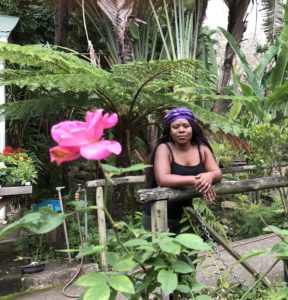
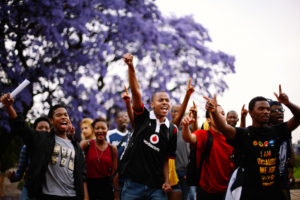
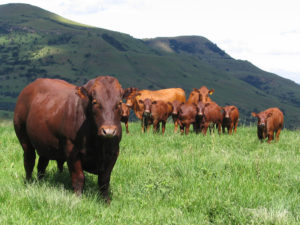
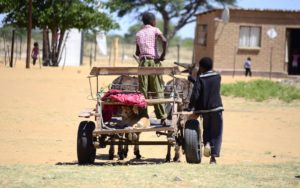
Francis Wilson
Kindly provide me with an email address by which you might reliably be contacted. I am not bold enough to come marching down to your house. Yet I feel I have something to contribute toward this discussion, albeit less scholarly than your own.
Ingrid – I will run your request by Prof Wilson and get back to you soonest.
Same here – my posting got lost trying to send it, but do make use of the groundswell of many in the country who support this.